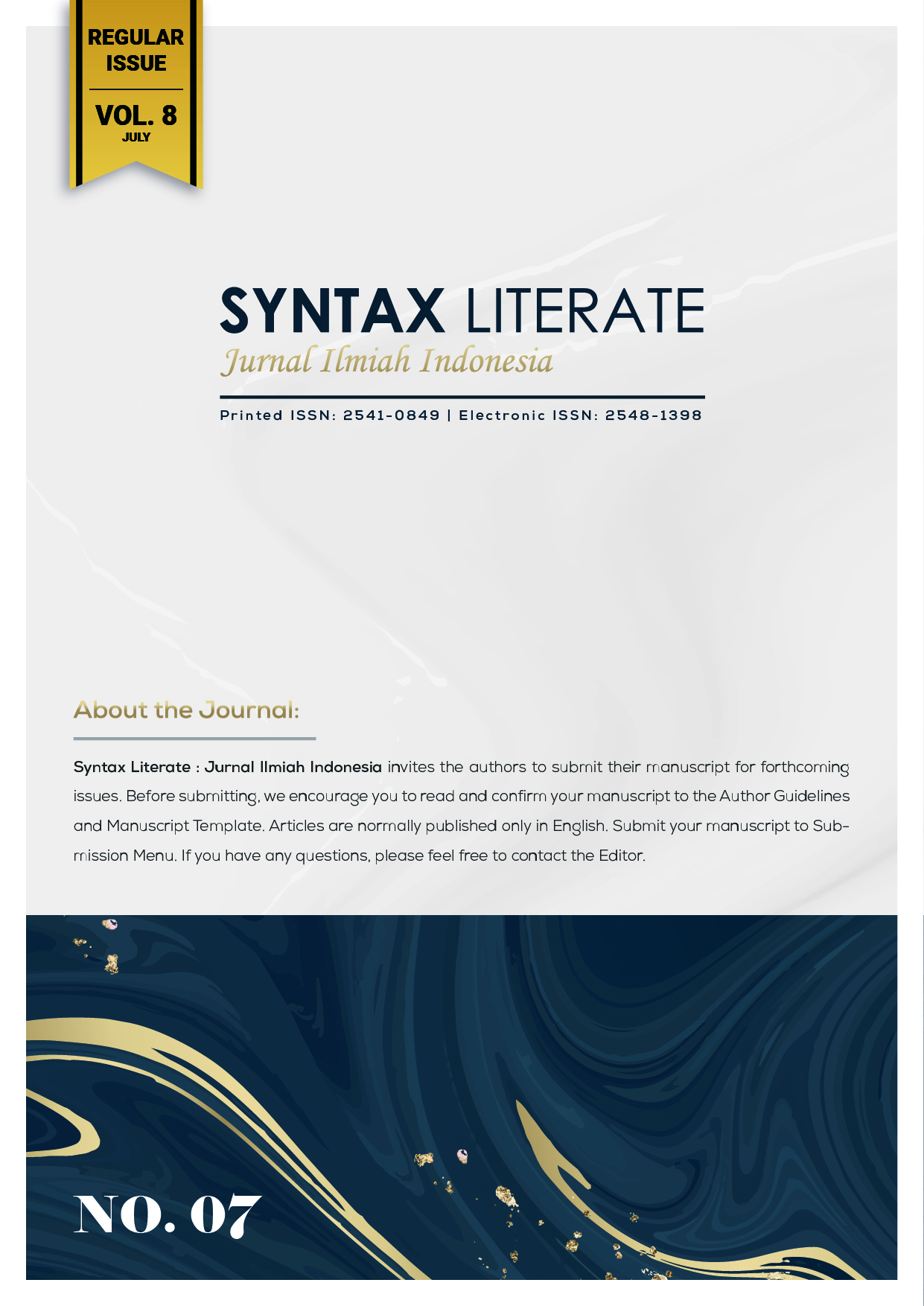Analisis Penyerapan Tenaga Kerja pada Sektor Parawisata di Indonesia
Abstract
The tourism industry is considered as the only effective strategy to enhance the level of economic activity in the general population. However, it cannot be denied that compared to other market sectors, this sector has stronger potential. The objective of this research is to examine the impact of investment, wages, and tourist visits on employment within the Indonesian recreation industry. This study utilizes a quantitative panel data approach for the years 2007-2021. The panel data, which employs a quantitative approach, is referred to as pooling. The current research employs regression analysis using multiple lines to determine the effects of investment, minimum wages, and tourist visits on the workforce in the tourism sector in Indonesia from 2007 to 2021. The data used in this study consists of panel data collected between 2007 and 2021, employing non-participant observation techniques for statistical database purposes. The research findings indicate that the F-test results for investment, minimum wages, and tourist visits do not significantly influence the employment practices within the tourism sector. The coefficient of determination is less than 0.570 or 57%, indicating that 57% of the variation can be explained by factors not included in the model. On the other hand, based on the investment test results and the number of new members, the situation in the Indonesian tourism sector has not improved. Conversely, there is evidence that the implementation of the workforce in the Indonesian public sector has progressed.
Downloads
Copyright (c) 2023 Nur Fauziyah, Sri Wahyuni Mustafa, Mustafa Muhani

This work is licensed under a Creative Commons Attribution-ShareAlike 4.0 International License.











